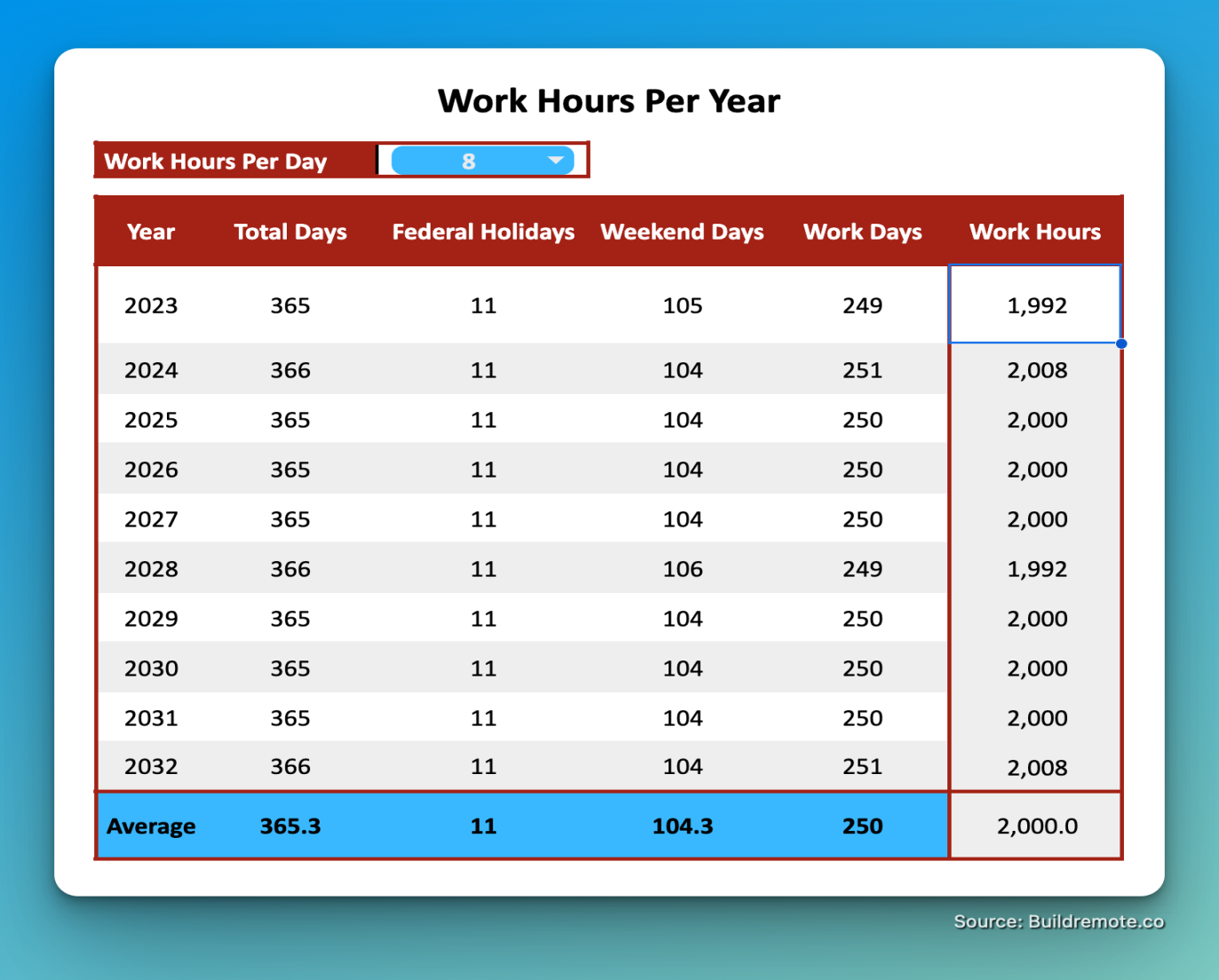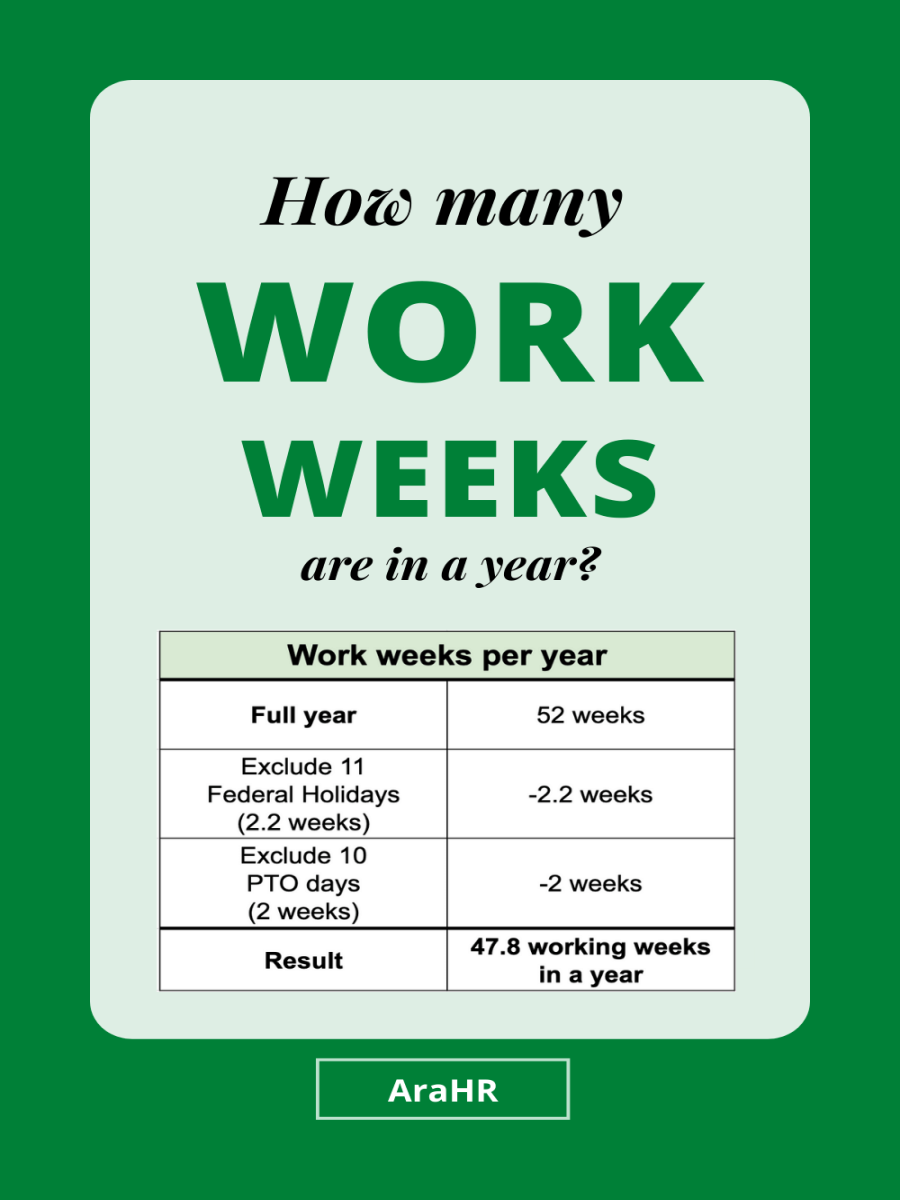
Unraveling the Mystery: Business Weeks Explained!
Have you ever wondered how many weeks are in a year? It seems like a simple question, but when you start thinking about business weeks and how they are calculated, things can get a little more complicated. In this article, we will delve into the world of business weeks and unravel the mystery behind them.
First things first, let’s establish how many weeks are in a standard year. A typical year has 52 weeks, which is equivalent to 365 days. However, due to the way the Gregorian calendar is structured, some years have an extra day in them – we call these leap years. Leap years occur every four years and have 366 days, which means they have 52 weeks and 2 days.

Now, let’s get into the nitty-gritty of business weeks. In the business world, a standard work week consists of five days – Monday through Friday. This means that there are typically 52 business weeks in a year. However, some industries operate on a different schedule, such as those that work on a 4-day work week or have different public holidays. In these cases, the number of business weeks in a year may vary.
Calculating business weeks can be important for businesses when planning their operations, setting deadlines, and scheduling projects. Knowing how many business weeks are in a year allows companies to allocate resources and manage their time effectively.
In addition to the number of business weeks in a year, it is also important to consider how holidays and other non-working days impact the calendar. For example, if a public holiday falls on a Monday, that week may have only four working days instead of the usual five. This can affect deadlines and project timelines, so it is important for businesses to take these factors into account when planning.

Another factor to consider when calculating business weeks is the concept of fiscal years. Many companies operate on a fiscal year that does not align with the standard calendar year. This means that their year may start on a different date and have a different number of weeks. Understanding the company’s fiscal year is crucial for budgeting, financial planning, and reporting.
Overall, unraveling the mystery of business weeks involves understanding the basics of how weeks are calculated, factoring in holidays and non-working days, and considering the impact of fiscal years. By having a clear grasp of these concepts, businesses can effectively plan and manage their operations throughout the year. So the next time you find yourself questioning how many weeks are in a year, remember that the answer may not be as straightforward as it seems – but with a little bit of calculation and know-how, you can unravel the mystery of business weeks!
Counting the Days: The Year’s Week-Worthy Moments
As we go through the hustle and bustle of our daily lives, it is often easy to lose track of time. Days blur into weeks, weeks into months, and before we know it, another year has passed us by. But if we take a moment to pause and reflect, we will realize that each year is filled with week-worthy moments that are worth celebrating and cherishing.

One of the best ways to keep track of time and make the most of these moments is to calculate business weeks. By understanding how many weeks are in a year, we can better plan and organize our schedules, ensuring that we don’t miss out on any of the exciting events and milestones that come our way.
In a typical year, there are 52 weeks. This means that there are 52 opportunities for us to make memories, achieve our goals, and create lasting connections with those around us. Each week is like a blank canvas, waiting to be filled with our unique experiences and adventures.
From the first week of the year to the last, there are countless week-worthy moments that stand out. The first week of January is often filled with the excitement of new beginnings and resolutions, as we set our intentions for the year ahead. As the weeks progress, we may celebrate birthdays, holidays, and other special occasions that bring joy and laughter into our lives.
In the business world, weeks are often marked by important milestones and achievements. Whether it’s closing a big deal, launching a new product, or reaching a quarterly goal, each week presents new opportunities for growth and success. By keeping track of these milestones, we can measure our progress and stay motivated to reach even greater heights.
But weeks are not just about work and productivity – they are also about relaxation and rejuvenation. Weekends offer a welcome break from the daily grind, allowing us to recharge our batteries and spend quality time with our loved ones. Whether we’re enjoying a leisurely brunch, exploring a new destination, or simply lounging in our pajamas, weekends are a time to unwind and savor the simple pleasures of life.
As the year progresses, we may encounter challenges and setbacks that test our resilience and determination. But with each passing week, we have the opportunity to learn and grow from these experiences, emerging stronger and more resilient than before. By embracing the ups and downs of life, we can appreciate the full spectrum of emotions and experiences that make each week unique and memorable.
In the grand scheme of things, 52 weeks may seem like a small number. But when we break it down into individual days and moments, we realize that each week is a precious gift that should not be taken for granted. By seizing the opportunities that each week presents, we can make the most of our time and create a life filled with joy, fulfillment, and purpose.
So as you go about your busy schedule, remember to pause and reflect on the week-worthy moments that make each year special. Whether it’s a spontaneous adventure, a heartfelt conversation, or a quiet moment of reflection, cherish these moments and savor the beauty of each passing week. After all, life is not just about counting the days – it’s about making each day count.
How Many Business Weeks In A Year





